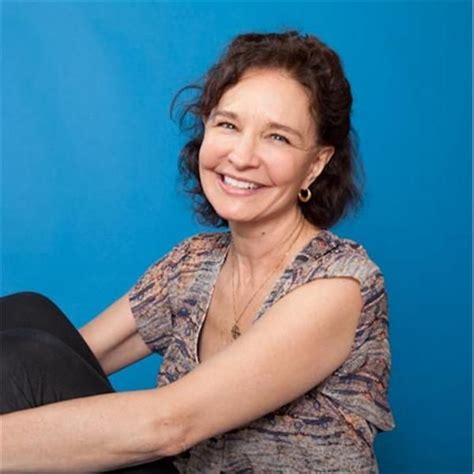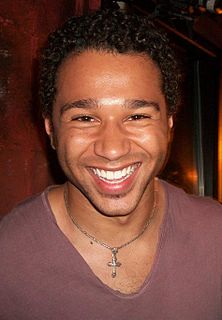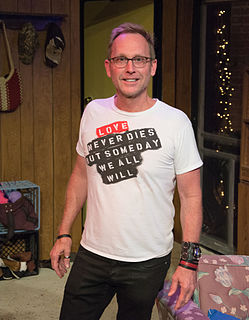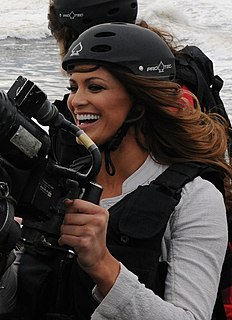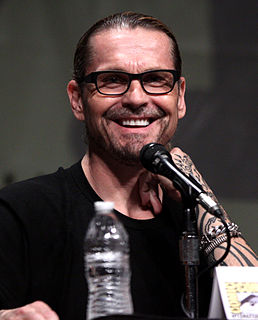A Quote by Mahesh Manjrekar
It is not easy acting and directing yourself because you have to face the camera as well as look at the scene through the lens.
Related Quotes
This uses a lens system, which I have used for years in various different ways, but I've never used it in the context of an interview. This is the very first time that I've done that. It's a lens called The Revolution, so it allowed me to interview Elsa [Dorfman] and actually operate the camera. Well one of the cameras, because there were four cameras there.


